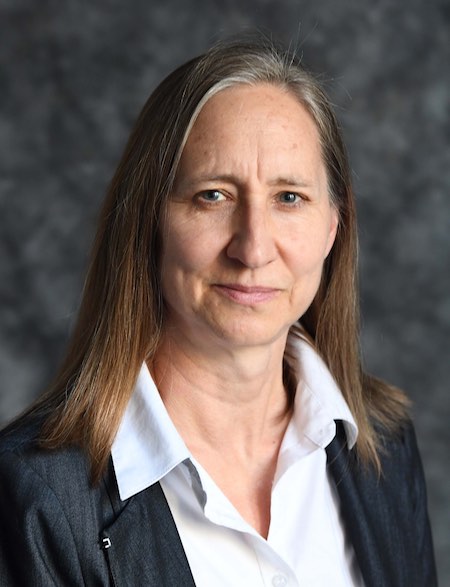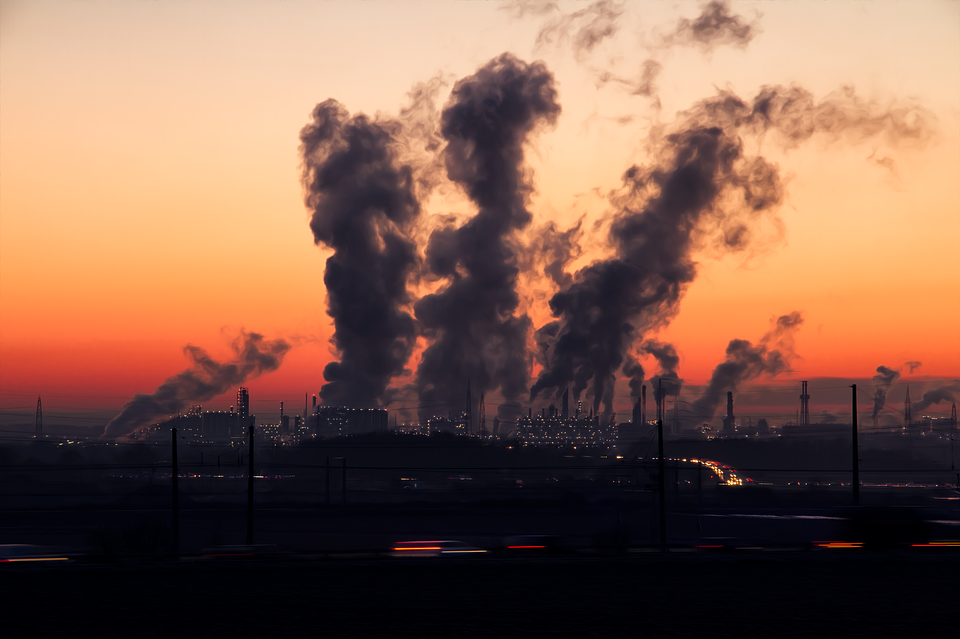
COVID-19, like terrible diseases before it, has hit some of our cities badly. But cities fight back with science-based interventions and mobilized, creative people and usually with the support of higher levels of government and global community. Indeed, fighting the cholera epidemic decimating 19th-century London led to the creation of epidemiology and the engineering marvels of the sewage system.
Out of these past struggles with disease has come new ways to keep us safe and the deep insight that human health is fundamentally linked to the environment, including how we build our cities.
The novel coronavirus is reteaching us this insight. It has exposed our social protection networks as frail. An army of vulnerable workers provides services such as food deliveries to the elderly, waste pick-up and transit that are deeply essential but not valued enough in how we have structured our economy. Indeed, often the same communities where many of these workers live are disproportionately unprotected and bear greater public health burdens than others. Inadequate social protection is a risk multiplier and our poorer neighborhoods are the least protected from environmental damage.
COVID-19 is also showing us that many of the steps cities are taking to reduce emissions and support human health are also important for resiliency in a pandemic. Cycling in cities practicing social distancing has increased. Cyclists deliver critical medicines and groceries to people in need, and more people are now using this mode as a way to travel safely in cities; Bogota, Colombia created 47 miles of an entirely new ad hoc bike network practically overnight. The virus has reinforced how valuable cycling is, and how much more we could do to create safe cycling infrastructure.
Cycling and walking are also safer because cars are off the streets during the crisis. Traffic violence takes the lives of about 40,000 Americans a year and maims about four million more, racking up trillions of dollars in direct and indirect costs. In the lockdown, cyclists and pedestrians are much safer and fatalities are plummeting in many places. Many cities have been working on street redesign, traffic calming slow, painful reallocation of city space from cars, and rewriting laws that remain lax on drivers. The virus raises the question of why we do not act more forcefully to construct our cities to avoid traffic deaths in good times, too.
Delhi after cars. “As someone with asthma, she said the city’s air, normally thick with pollution, was usually a health nightmare. But now: “The air is clear, the skies are blue. I see the evening stars with clarity & hear the chirruping of excited birds” https://t.co/RfLjCA1MI1 pic.twitter.com/HwL1yYVCsm
— Anders Swanson (@SwansonAnders) April 11, 2020
COVID-19 is also giving us a glimpse of a future with clean air. We can see the decrease in emissions from space or from our stoop. Right now, it's due to a collapse in economic activity, but cities should come to see the value of putting a cost on pollution that reflects its cost on our society. London has a very successful low-emission zone and Madrid’s was so popular that when a right-wing government tried to eliminate it, protests and a court victory made that impossible.
In the U.S., the Trump administration is taking us backwards, reducing fuel efficiency and emissions standards in the interests of fossil fuel interests and purchasers of dangerous and inefficient SUVs and trucks (even though there's no sticker price savings when one takes into account the massive negative public health and climate costs of this move).
The administration is using COVID-19 as an excuse to loosen environmental regulations at the very moment when a Harvard study shows we may have more virus deaths on our hands because air pollution attacks and damages our lungs increasing vulnerability to the disease. Fortunately, as a recent policy piece from Amy Turner shows, cities still do have legal instruments to work towards “low traffic zones,” but it will be difficult, slow work.
Cities are also leading the call to move towards mixed use, smarter more compact land use, more and better transit and non-motorized infrastructure because this is win-win-win. Reducing reliance on one mode — the car — increases choice and health and reduces greenhouse gas emissions which pose another very severe public health threat to the entire globe. Like poor social protections, climate change multiplies existing dangers and harms public health via flooding, extreme heat, storms, new patterns of disease and perhaps even new pandemics as microbes emerge from thawing ice. As with COVID-19, we all face this risk but poorer, frontline communities will face even more.
As we rebuild our economy after the crisis passes, we simply cannot proceed as if our fossil fuel economy and car oriented, sprawling urban development and consumption patterns have nothing to do with rising pandemics, serious chronic public health problems, climate change and the great inequalities that threaten our cities and regions and their residents. We have a Green New Deal Stimulus framework for how to reconstruct and create millions of cost-effective clean energy and infrastructure jobs for our cities but also the rural and suburban regions that connect to them as sinews to one big economic muscle.
Now is the time to accelerate our efforts to protect ourselves and our communities through a healthy environment. This is not a luxury. It is the only way forward, and, if we listen to scientists, we do not have time to waste.
Dr. Jacqueline Klopp is the co-director of the Center for Sustainable Urban Development at the Earth Institute, Columbia University and teaches in the Sustainable Development program. Follow her on Twitter @jmklopp1






